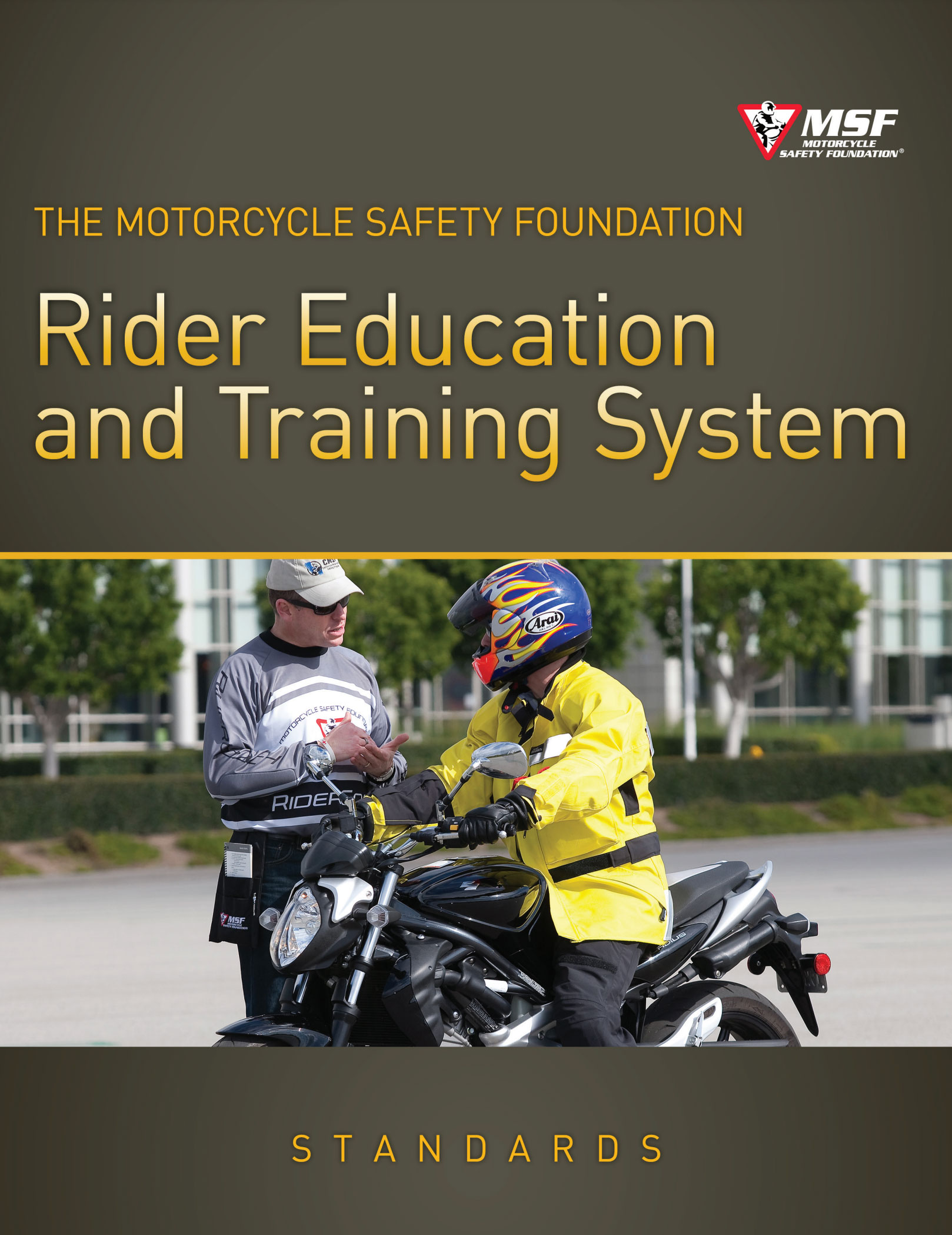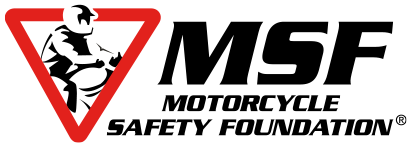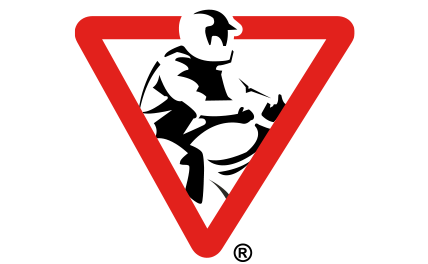Background
 A Standards Document is an established set of norms or requirements. These are contained in a formal document, consisting of a set of statements that establish design and development decisions, technical criteria, methods, processes and practices. A Standards Document represents the rules and requirements as determined by a consensus opinion of credentialed experts and recognized, experienced practitioners that prescribe the accepted and best criteria for programs, processes, evaluation, and quality control procedures. The benefit of a Standards Document is that it establishes a foundational structure of minimum, acceptable safety and qualitative statements that will result in consistent application throughout all environments of use.
A Standards Document is an established set of norms or requirements. These are contained in a formal document, consisting of a set of statements that establish design and development decisions, technical criteria, methods, processes and practices. A Standards Document represents the rules and requirements as determined by a consensus opinion of credentialed experts and recognized, experienced practitioners that prescribe the accepted and best criteria for programs, processes, evaluation, and quality control procedures. The benefit of a Standards Document is that it establishes a foundational structure of minimum, acceptable safety and qualitative statements that will result in consistent application throughout all environments of use.
Standards are different than guidelines; a standard is considered essential to successful professional practice, and often includes use of the auxiliary verbs “must” and “shall”, whereas a guideline is a statement that clarifies the standard by offering a suggestion or illustration of actions or activities that describe how the standard can be applied.
Purpose
The purpose of this project is to describe MSF Rider Education and Training System (RETS) standards. The primary goal is to produce levels of safety, quality, and consistency in the MSF programs and processes that affect the lives or livelihood of all constituents: riders and their families, RiderCoaches, RiderCoachTrainers, program administrators, site administrators, and other roadway users. The Standards Document represents the vital framework that provides the basis for primary operations, benefiting the organization by providing evaluative measures of performance, and contributing to the development of competent and qualified motorcycle riders who can demonstrate possession of physical, mental and attitudinal skills (Bloom, 1956). Standards inform and provide significant direction for organizations, business owners and regulatory and governmental agencies involved in motorcycle rider safety to the benefit of rider course participants.
Project Scope
Five contexts exist for the development of MSF Rider Education and Training System Standards. They are:
Standards for Course Materials and Administration
Stipulating the concepts, processes, theoretical underpinnings, and guidelines for development of training curriculum.
Standards for Facilities and Equipment
Describing the facilities and equipment standards for establishing and maintaining a low risk, positive, and effective learning environment.
Standards for Instructional Delivery
Describing the fundamental principles, concepts employed and instructional methods used for establishing and maintaining a low risk, positive, and effective learning environment.
Standards for RiderCoach/RiderCoach Trainer Professional Development
Describing the conduct required by RiderCoaches to provide a low risk, positive, and effective learning environment, and describing the training and development requirements for certification and recertification.
Standards for Quality Assurance
Specifying the ongoing and consistently designed and applied methods of evaluation of performance for all MSF processes and programs.

